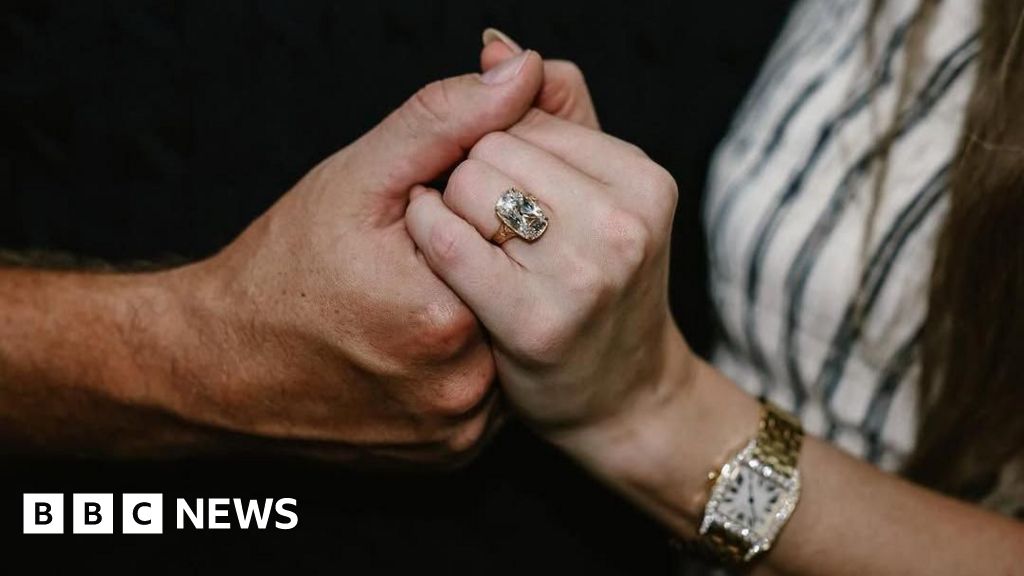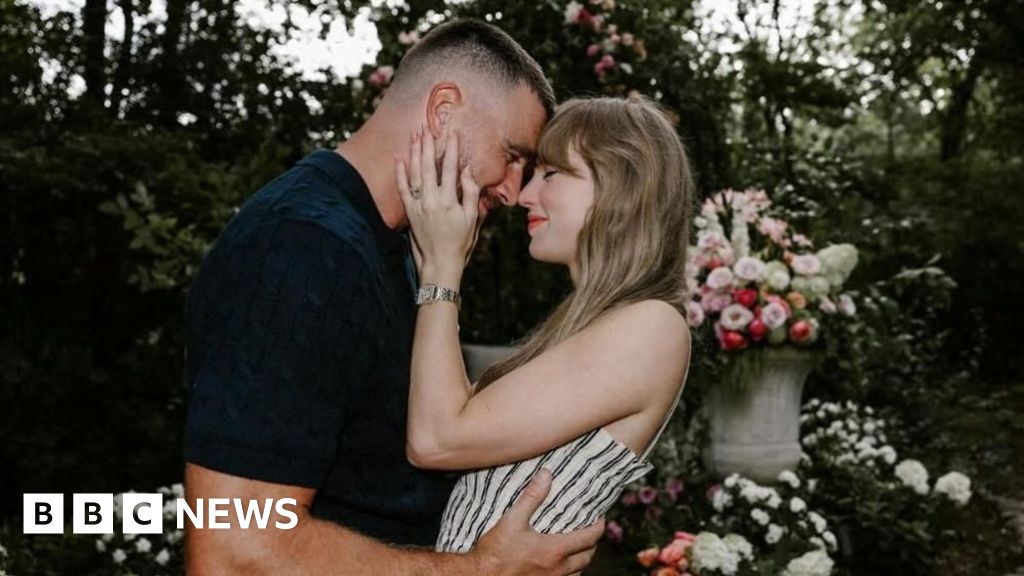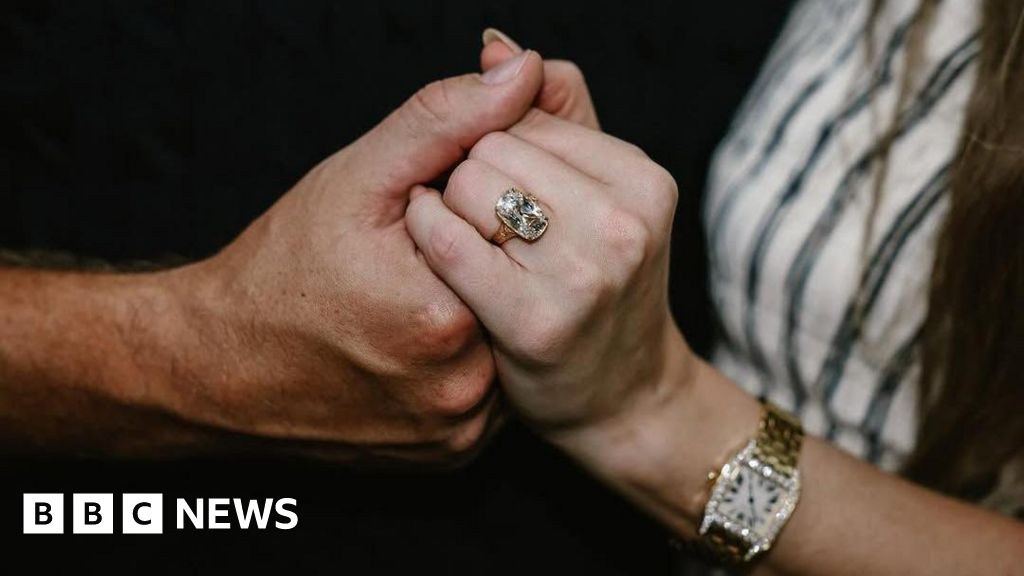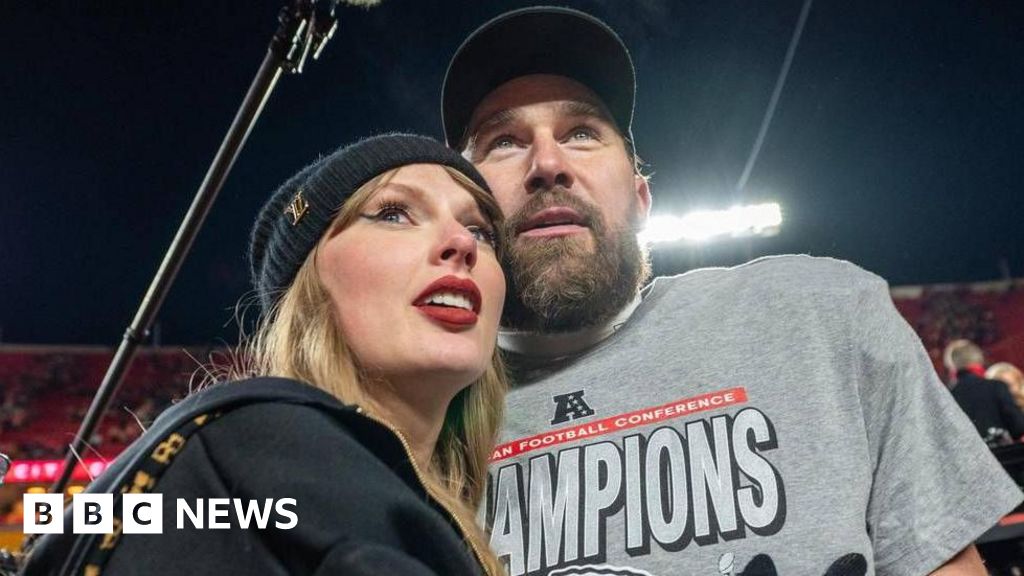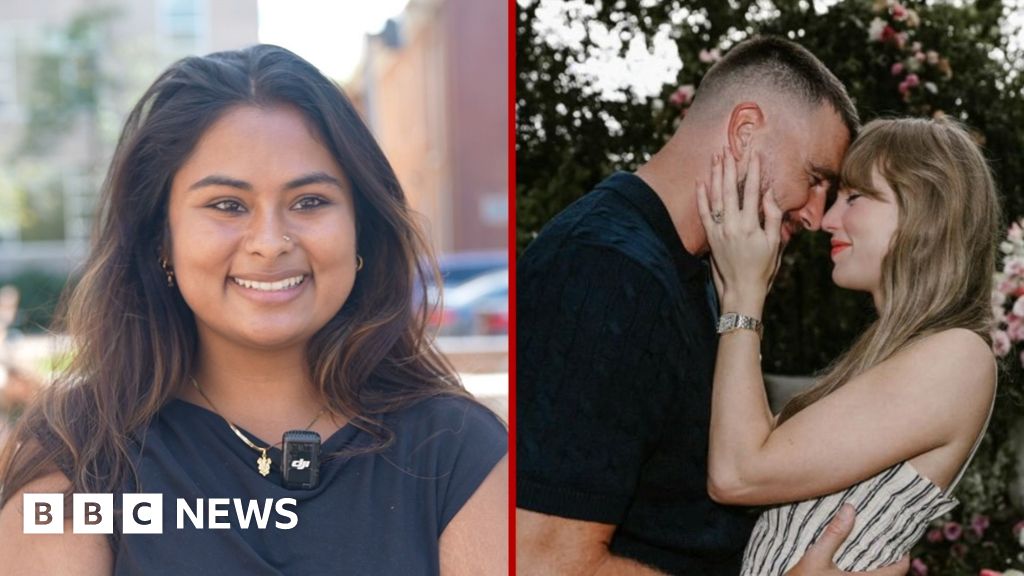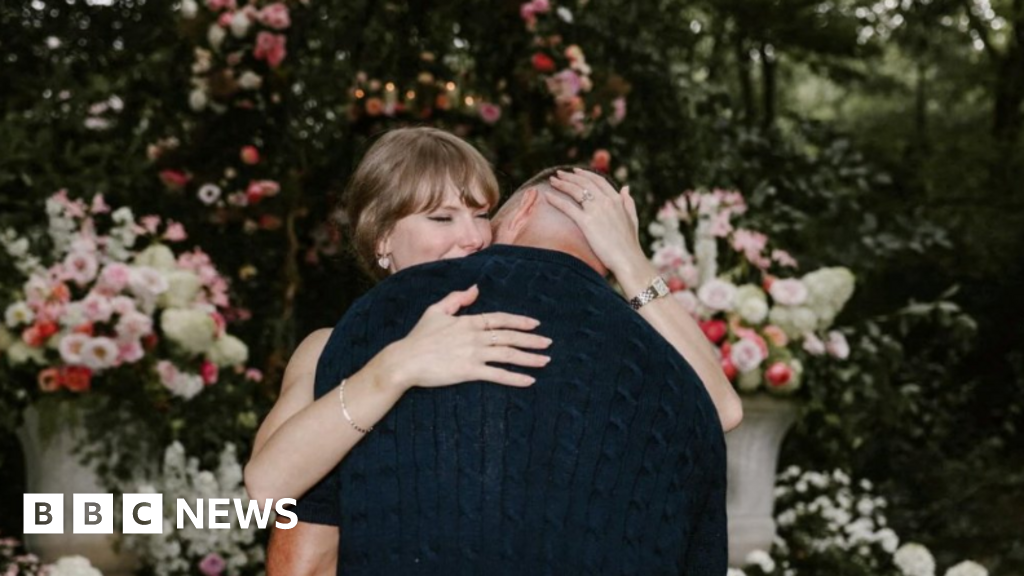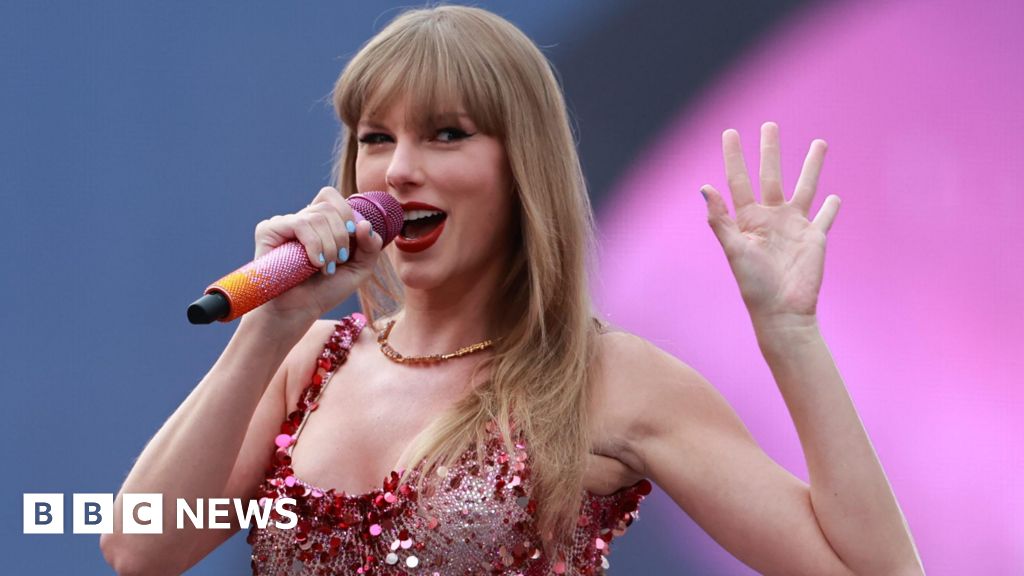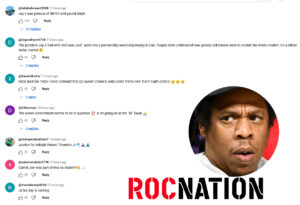In a significant turn of events for her career, Taylor Swift publicly announced that she has successfully regained the rights to her first six albums, bringing an end to a protracted conflict regarding the ownership of her music. "All of the music I've ever made now belongs to me," she joyfully proclaimed on her official website. "I've been bursting into tears of joy... ever since I found out this is really happening."
The struggle began in June 2019, when music mogul Scooter Braun acquired her former label, Big Machine, along with the rights to her songs, including those from iconic albums like *Fearless*, *1989*, and *Reputation*. Swift has been vocal about her discontent with this acquisition, attributing it to Braun’s connection with Kanye West, who she claims was complicit in a relentless campaign of bullying against her.
In her heartfelt letter to fans, the artist expressed the emotional weight of reclaiming her music, stating, "To say this is my greatest dream come true is actually being pretty reserved about it." She thanked her supporters for their unwavering loyalty throughout the tumultuous experience. "I almost stopped thinking it could ever happen," she confessed, reflecting on two decades of struggle for ownership over her art.
Reclaiming the rights to her master recordings is a crucial step as it allows Swift to control how her music is distributed and licensed. She had previously announced plans to re-record her earlier albums to assert her ownership and diminish the value of the original releases. Thus far, she has completed four re-recorded albums, known as "Taylor’s Versions," which include previously unreleased tracks and extend the narratives of her earlier works.
In her letter, Swift admitted that she has yet to finalize a re-recording of *Reputation*, indicating that revisiting this particular album has been a complex and emotional process. However, she is open to releasing "vault tracks" from the album for fans who express interest, emphasizing that any future material will come from a place of celebration rather than regret.
Swift's story isn't just about reclaiming her art; it speaks to a broader movement in an industry often criticized for artists losing control over their creations. Addressing how the ownership of master recordings functions, Swift highlighted that owning these rights gives artists substantial power over how their music is utilized, from licensing in films to streaming services.
Although the financial details of her acquisition remain undisclosed, it is rumored that her masters sold for hundreds of millions, underscoring the high stakes involved in music ownership. The journey began when a young Swift signed with Big Machine in 2004, inked a deal that granted ownership of her first six albums to the label, creating a precedent that many artists still grapple with today.
Swift's intention from the outset was to maintain a positive relationship with her music; she often underscored her desire to see her work featured in various forms but only under her condition of ownership. The saga has sparked broader discussions about the rights of artists within the music industry, inviting new generations of musicians to negotiate ownership in their contracts.
The dramatic twists in the saga continued as Braun's company controversially sold Swift's catalog to Shamrock Holdings, leaving her feeling blindsided once again. Despite these hurdles, Swift has released original material including the Grammy-winning *Folklore* and *Midnights*, solidifying her status as a leading figure in contemporary music.
The culmination of her arduous battle has paved the way for Swift to own her music fully, inspiring a new generation of artists to demand equitable treatment in their careers. "Thank you for caring," she expressed to her fans, "Every single bit counted, and ended us up here."



